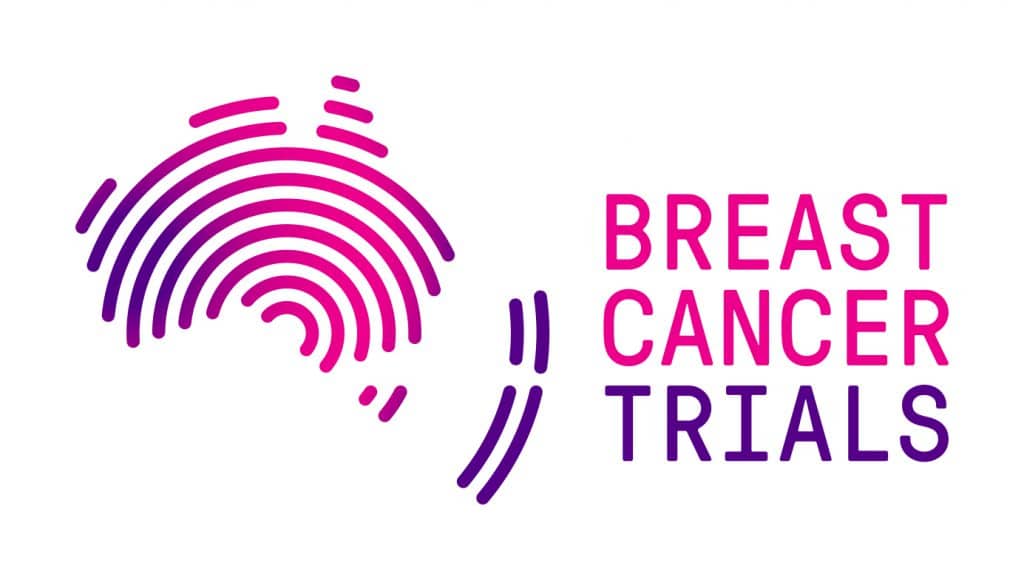- Research
- 2022-2026 Research Strategy
- Open Clinical Trials
- Closed Clinical Trials
- What is a Clinical Trial?
- Why Participate in a Clinical Trial
- Remote Telehealth Pre-Screening Process
- Research Achievements
- Publications
- Research Development and Funding
- Participating Intitutions
- International Collaboration
- BCT Trials & Projects Summary
- Translational Research
- Clinical Fellowship Program
- International Fellowship Support
- Annual Scientific Meeting
- Travel Grants and Awards
- About
- Our Impact
- Fundraise
- Donate
- Researcher Login
- Cart
Proving the Benefits of a New Class of Drugs
The BIG 1-98 clinical trial examined the benefit of the drug Letrozole, which was a new class of drug at the time called an aromatase inhibitor, in the post-surgery treatment of postmenopausal women with early stage hormone sensitive breast cancer.
Letrozole is a drug that inhibits the production of the hormone oestrogen. These oestrogens are known to stimulate certain breast cancers to grow. Prior researched showed that Letrozole could inhibit and reduce tumour growth very effectively in patients with advanced breast cancer.
Letrozole was registered for use in many countries for the treatment of advanced breast cancer in postmenopausal women, who had previously been treated with anti-oestrogen therapies. The BIG 1-98 study explored the role of letrozole in early breast cancer.
The trial found a significant reduction in the risk of breast cancer recurrence and a trend towards improved overall survival with the addition of Letrozole when compared to Tamoxifen, which was the standard of care.
The BIG 1-98 clinical trial was a significant breakthrough in the treatment of breast cancer and aromatase inhibitors are now widely used as standard of care for many women today.
The study involved 6,193 patients worldwide, including 667 patients from Australia and New Zealand.



